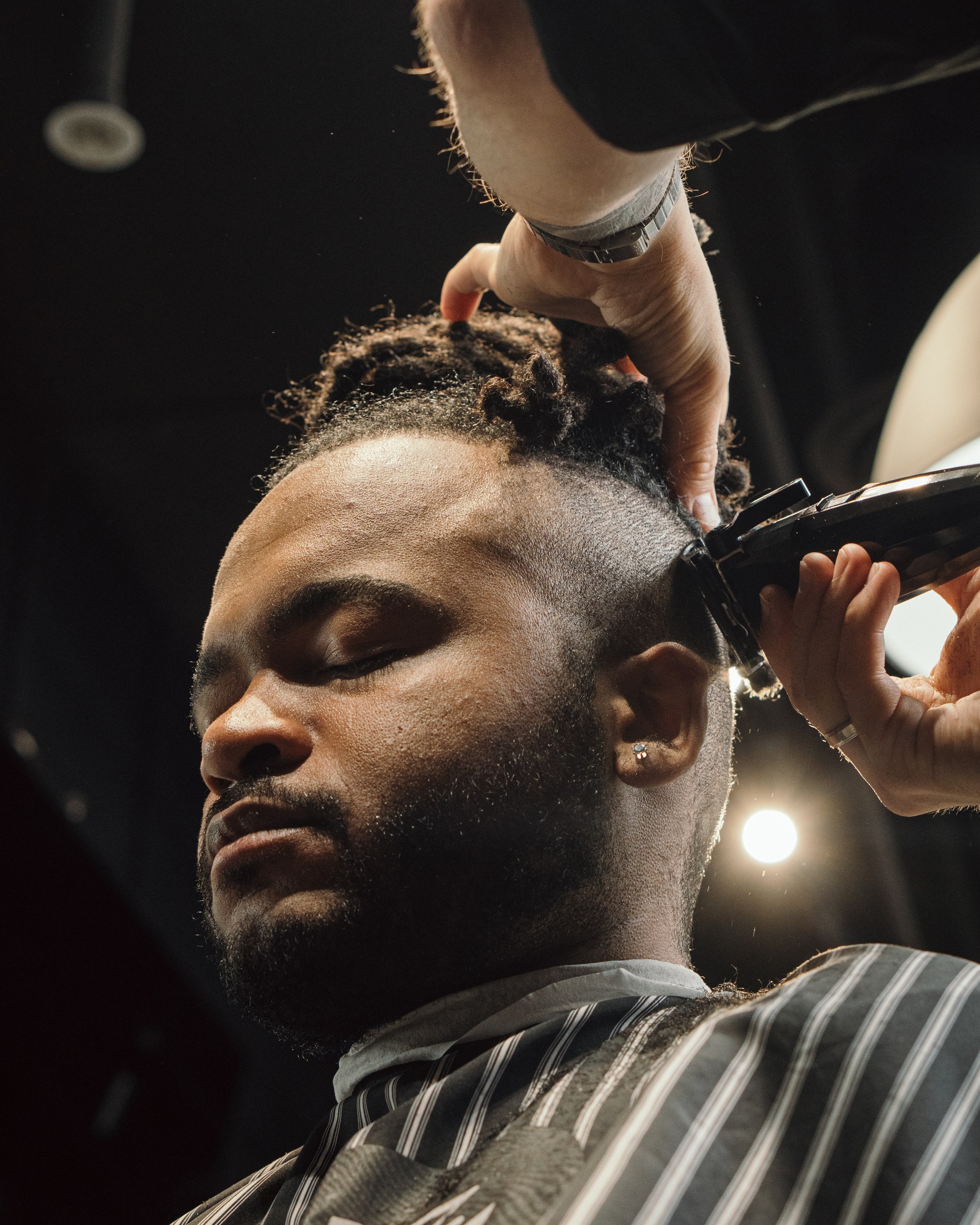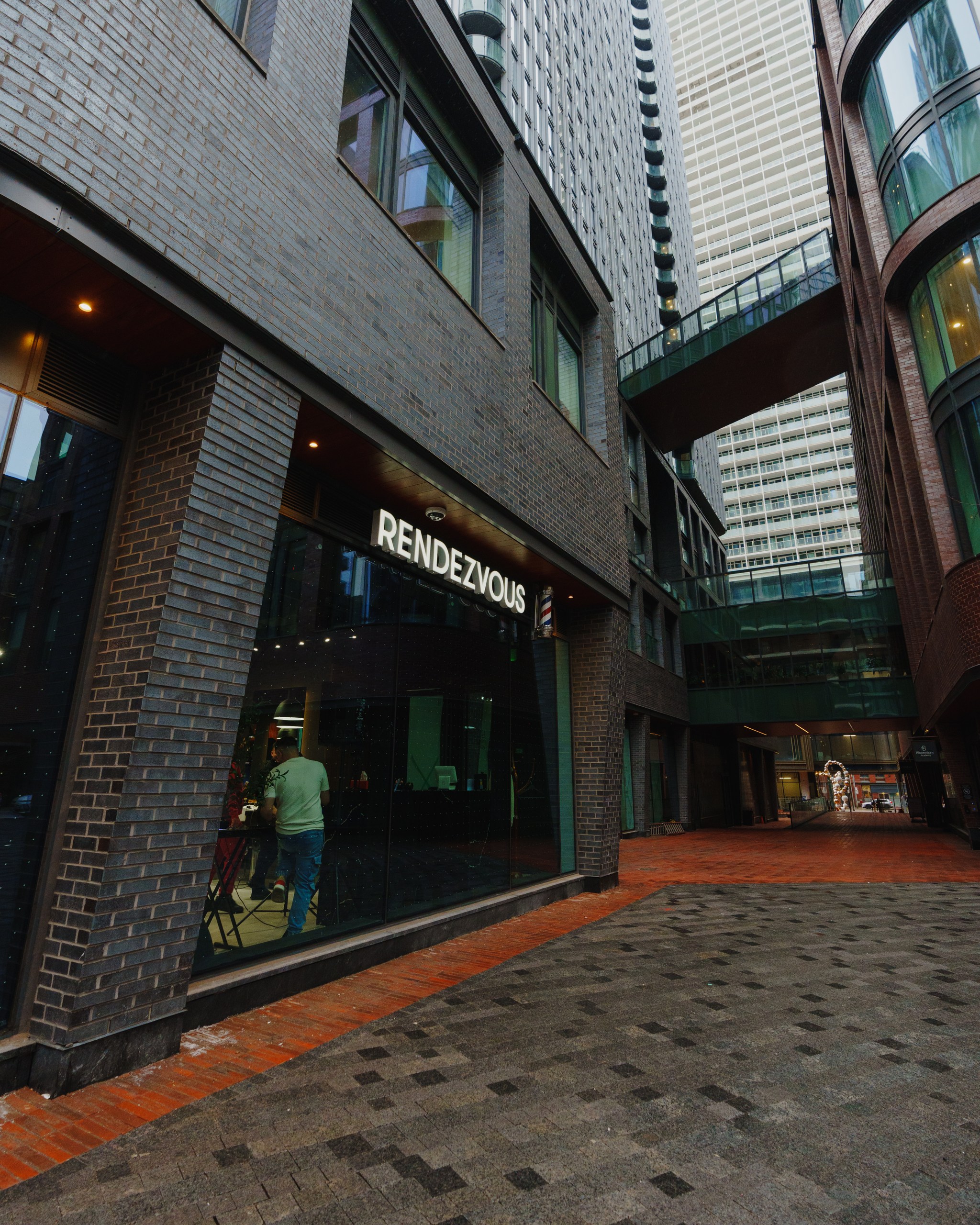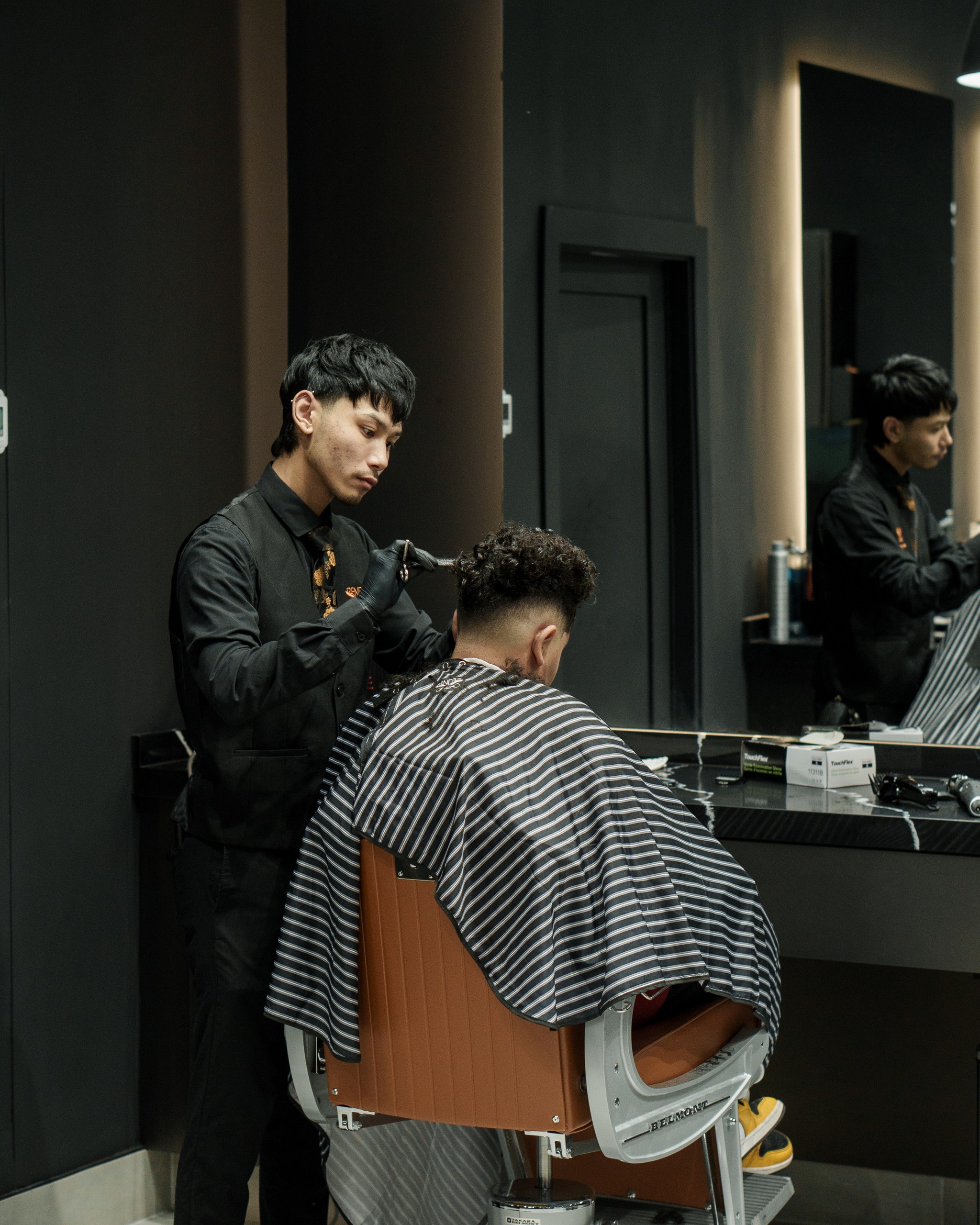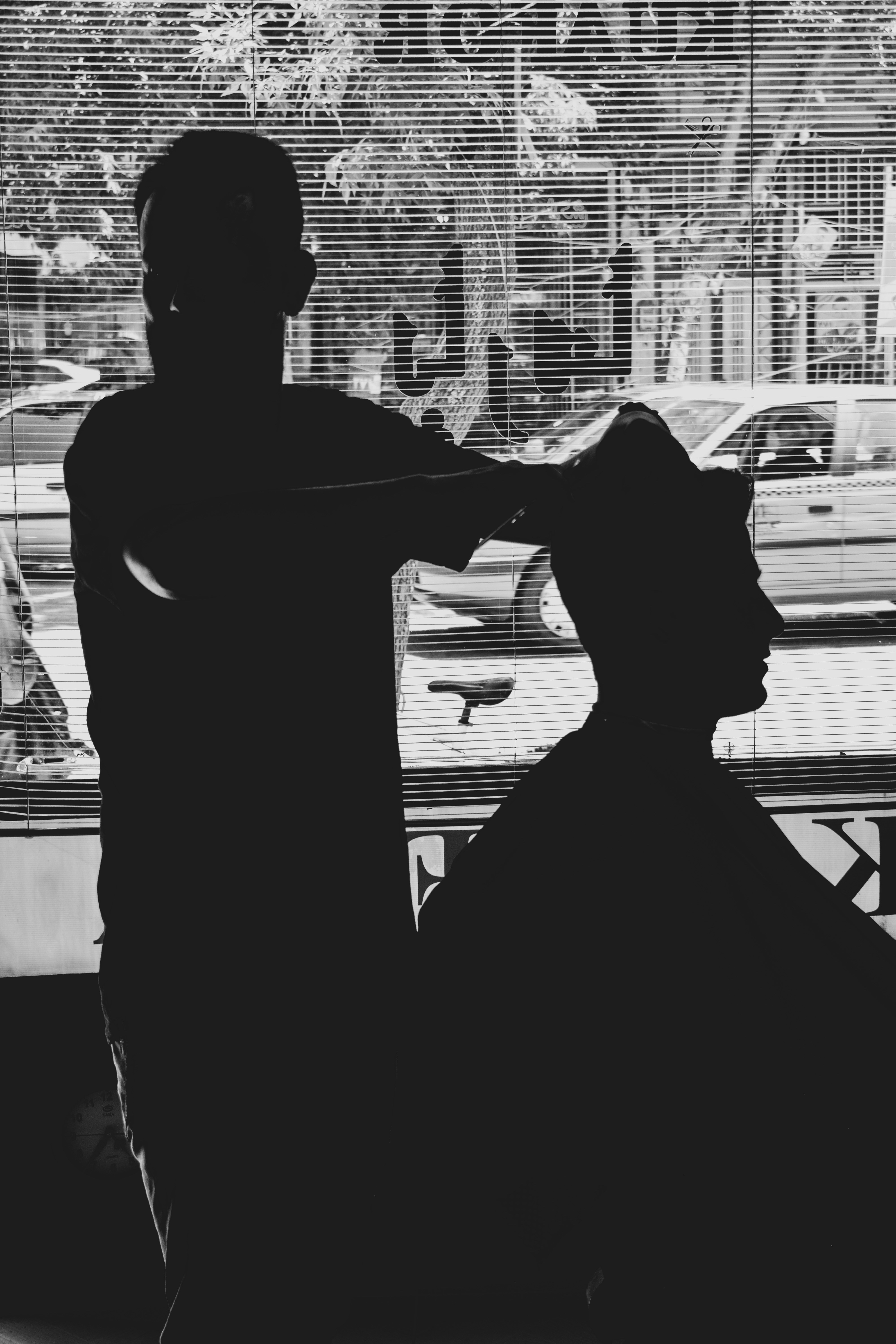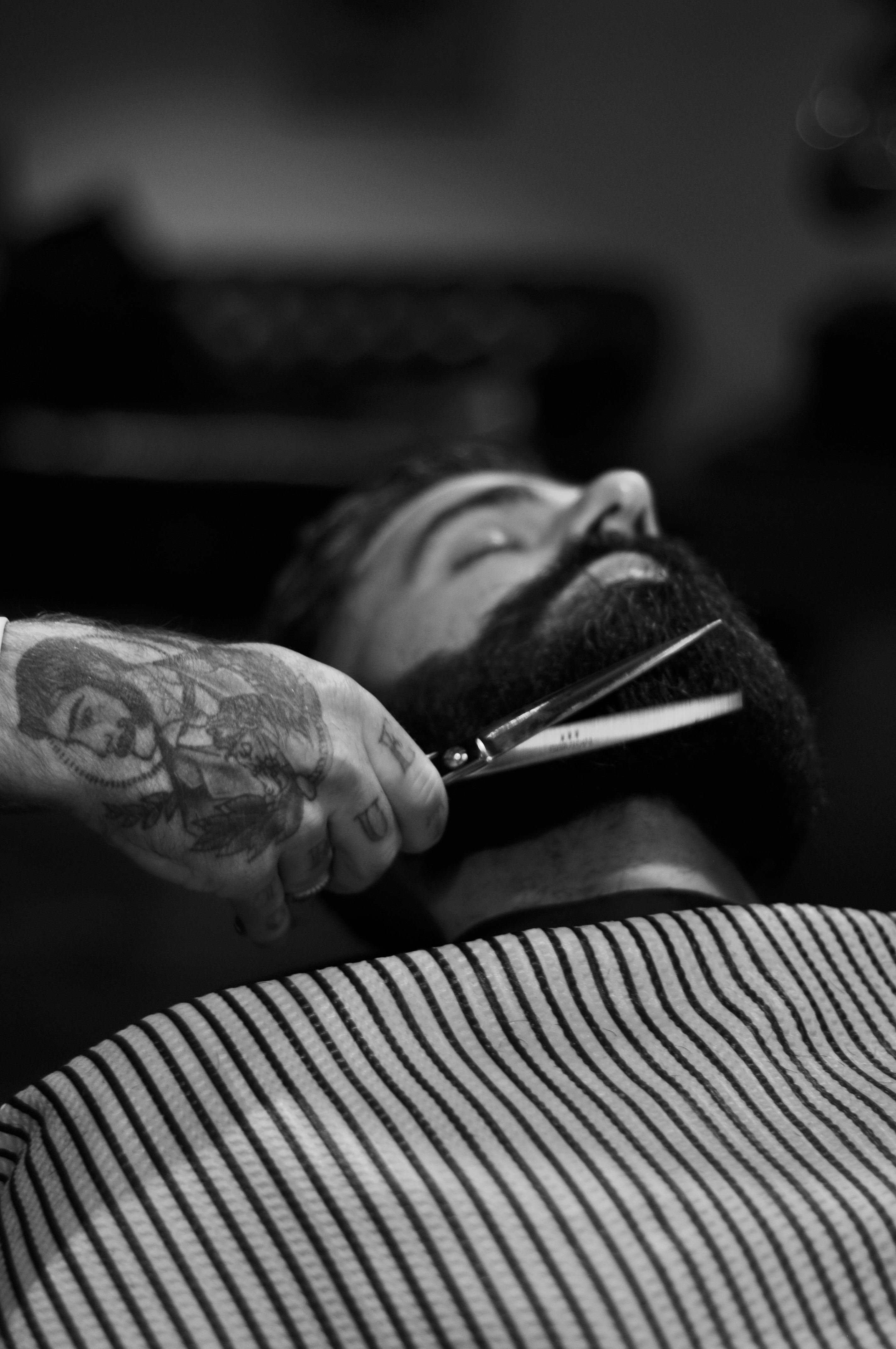According to clinical psychologist Jonathan Jenkins, who played lacrosse at Division III Guilford College (N.C.), what you wear and conversely what your opponent wears can affect your performance on the lacrosse field.
In the world of sports psychology and we would argue in beauty psychology, the “look good, play good” idea boils down to two terms: enclothed cognition and self-efficacy.

Enclothed cognition is the influence that clothing, what you are wearing or what someone else may be wearing has on a person’s emotions. Clothes have a symbolic meaning, and a person can have different physical experiences with different articles of clothing.
Self-efficacy, which can apply to many different situations, is defined by Jenkins as “the ability to have determination in self that whatever current challenge you’re undergoing, that you feel confident enough to perform it at a high level.”
Enclothed cognition is the influence that clothing, what you are wearing or what someone else may be wearing has on a person’s emotions. Clothes have a symbolic meaning, and a person can have different physical experiences with different articles of clothing.

Self-efficacy, which can apply to many different situations, is defined by Jenkins as “the ability to have determination in self that whatever current challenge you’re undergoing, that you feel confident enough to perform it at a high level.”
How many times have you had a great day or night after your haircut? As stated previously, there is a clear correlation between how we look on the outside and how we feel on the inside. Conversely, there is also a connection between how we feel on the inside that impacts how we look on the outside. Take an individual who has been going through a hard time in their life because they have been out of work for a while.
They keep applying to jobs but to no avail. More and more time passes and they start to give up hope and strong feelings of self doubt start to settle. These negative thoughts directly result in lack of self maintenance such as eating healthy, dressing sharply, and even getting haircuts.
The irony in this example is that sometimes even if you don't feel good, it doesn't mean you can't look good. If this individual took the time and effort to take care of their health and appearance, there is a high probability their mentality would change also.
This is the philosophy behind the common idea of “Look Good, Feel Good”.


